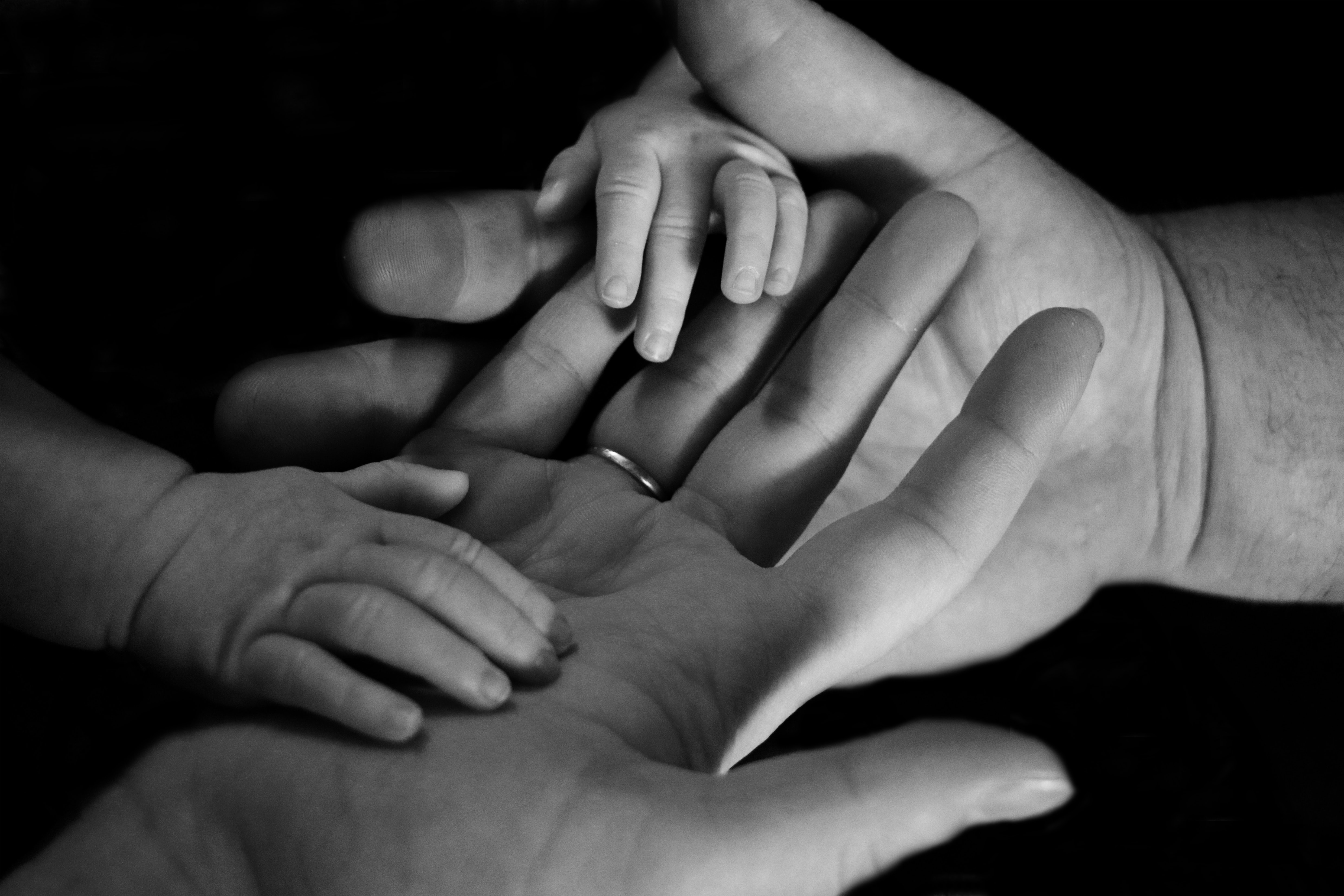People who have strong familial ties are typically happier and more physically and emotionally healthy. Even though strong bonds between family members are important, some families fail to set up healthy boundaries. Today, we will discuss, Is enmeshment abuse? If so, what are the circumstances that lead to family enmeshment? Read to gain a full understanding.
The concept of enmeshment is derived from family therapy and family system analysis. It is a particular idea from the structural family therapy theory of Salvador Minuchin, which stresses looking at how family interactions affect an individual’s function or dysfunction.
Enmeshed families, according to Minuchin, are those that have high levels of communication but little emotional or physical separation.
The Enmeshment Trauma
Adult romantic relationships frequently end in dysfunction for those who have suffered from enmeshment trauma.
They felt more appreciated for what they could accomplish for their parents than for who they were as children (conditional love). This might instill a deep-seated belief that one is unlovable and cause one to act in self-destructive ways.
What Does An Enmeshed Relationship Look Like?
Enmeshment is the term used to describe a connection system in which participants are expected to behave in particular ways based on established social norms. In the end, such kind of partnership limits actual independence.
Causes of Enmeshment
Enmeshment’s root causes might be different. An incident or sequence of incidents in a family’s history, such as an illness, a traumatic experience, or serious social issues in primary school, may force a parent to take protective measures in their child’s life. The parent now steps in to make a decision. While this intervention may have been necessary at the time, some parents become accustomed to applying the same strategy in many contexts and become overly involved in their kids’ daily interactions.
Enmeshment can also happen because of family patterns that have been passed down through the centuries, sometimes more frequently. It results from the blurring, blending, and fluidization of personal and family boundaries. This may be the result of earlier generations having weak personal boundaries, which taught the following generation to adopt the same behavior. Alternatively, it might be a deliberate choice to steer clear of family traditions from a generation that felt overly strict about personal limits.
What Are The Signs of Enmeshment?

Here are some indicators that you might be having trouble in an entangled relationship:
Blurring of emotions
You catch yourself equating your feelings with those of the people you are close to.
The price of uniqueness feels hefty
Freely making decisions or holding opinions that differ from those of one’s family or partner frequently have disastrous and dramatic effects on relationships.
You have a function to play
Instead of making your own decisions or developing your own viewpoints as an adult, you still follow the wishes and desires of your family or other close relationships.
Your emotional condition depends on other people
The stability and status of the connection affect your sense of well-being.
Improving things is up to you
Usually, it is up to you to improve the situation. When a dispute arises, you experience obsessive anxiety to don your superman or superwoman cape and resolve it right away.
Impact of Enmeshment
People who have suffered enmeshment trauma frequently have unhealthy adult interpersonal relationships. When they were young, they felt loved more for what they could accomplish for their parents than for who they were (conditional love). This might instill a deep-seated belief that a person is unlovable and cause him to act in self-destructive ways.
Example of Enmeshed Relationship
This frequently occurs on an emotional level when two people “feel” one other’s feelings or when one family member has an emotional upswing, and the other does. For instance, A excellent example is when a teenage boy becomes nervous and sad, and his father also becomes anxious and depressed.
5 Ways How To Heal From Enmeshment Trauma

Do you wish to free yourself from emotional enmeshment? We can help you with that. Here are some ways you can use to start your road to recovery. Without a doubt, it may seem terrifying at first, but after using these techniques, you’ll notice the difference for sure.
Establish a connection with yourself and your environment by practicing mindfulness.
Set aside some time each day to reflect on your personal ideas and emotions. Focus on your breathing while tuning into any possible body sensations. You’ll discover that thoughts and emotions pass naturally if you give yourself permission to be present. By keeping a notebook where you may write about your emotions or by finding a creative outlet that makes you feel good, you can also try practicing mindfulness. You can cultivate security in your independence by taking some time to reflect on your own thoughts, feelings, goals, and aspirations.
Be In Charge Of Your Own Feelings.
Daily emotions are something that many of us encounter frequently, and trying to take on other people’s emotions when we’re already dealing with our own can be incredibly draining. Take responsibility for your feelings, don’t ask loved ones to bear the weight of your emotions, and refrain from attempting to modify the emotional states of others in an effort to make them feel more at ease.
Set your own personal boundaries.
Talking about boundaries should only begin when you and your loved one are calm. Be forceful and direct without being harsh or critical. Be mindful of your emotions and stick to the boundaries you’ve established.
Let go of your guilt
Setting boundaries, being assertive, creating a distinct sense of self, and doing what’s good for you rather than what’s right for others can all be greatly hampered by guilt. In enmeshed families, manipulation through guilt is a common strategy. If we deviate from the norm, we are taught to be incorrect, self-centered, or heartless. Most of us eventually absorb this guilt and start to feel bad about having our own beliefs and boundaries.
Seek Help
Enmeshment is difficult to control because it’s likely a pattern of relationships you’ve been in since birth, and those who benefit from it will do all in their power to prevent you from changing. A support group or a professional therapist’s assistance would be the best way to develop new skills. It also helps in easing guilt and shame.
Enmeshment Vs Codependency
Codependency typically refers to a partnership between one person who rescues or facilitates and another who acts out through emotional, physical, or substance abuse. Enmeshment broadly refers to the behaviors, communication patterns, and activities conducted within a codependent friendship or relationship.
Enmeshment Vs Disengagement
The emotional connection among family members is entangled and unbroken with enmeshment. Family members that are wholly emotionally disengaged from one another are on the opposite extreme of the spectrum.
Both are viewed as unhealthy and may have detrimental effects on a child’s growth and wellbeing.
The Ending Note
Realizing that you are part of an enmeshed family can be challenging, and figuring out how to make positive adjustments to become free and establish boundaries in your relationships can be much more challenging. Just remember that you are not alone. Many people are in situations that create dependence. They must learn to set boundaries, but there are steps they may take to become more self-sufficient.
FAQs
Is enmeshment a trauma?
Traumatic experiences can result from enmeshment, particularly if it normalizes abuse. Enmeshment is a side effect of trauma in other situations, though. A family may grow exceptionally close in an effort to defend themselves after suffering from a catastrophic sickness, a natural disaster, or an unexpected loss.
What does it mean to be enmeshed with someone?
A connection in which personal boundaries are hazy and flexible between two or more persons is described as being enmeshed. This frequently occurs on an emotional level when two people “feel” one other’s feelings or when one family member has an emotional upswing and the other one does as well.
How do you break an enmeshment?
Setting up sound limits can help your relationship. If your partner is open to going to treatment with you, you might also want to think about relationship therapy or marriage counseling.
Is enmeshment the same as codependency?
Both are Codependency is often used to define a relationship between someone who rescues or enables someone else and someone who acts out by abusing their body, their emotions, or their substance of choice. Whereas, enmeshment refers to the acts, communication methods, and behaviors that take place in a codependent connection or relationship.
Is enmeshment unhealthy?
Enmeshment’s long-term impacts can continue to affect a person’s life far into adolescence and adulthood. Personality problems and other mental health diseases are frequent outcomes. Lack of identification and self-awareness frequently causes self-esteem issues.
Why enmeshed families are too close?
Parents frequently want to know and manage their children’s thoughts and feelings when they enmesh them, which typically entails a level of control. Additionally, they could put too much emotional reliance on the kids and even try to live their life via the accomplishments and activities of their children.

